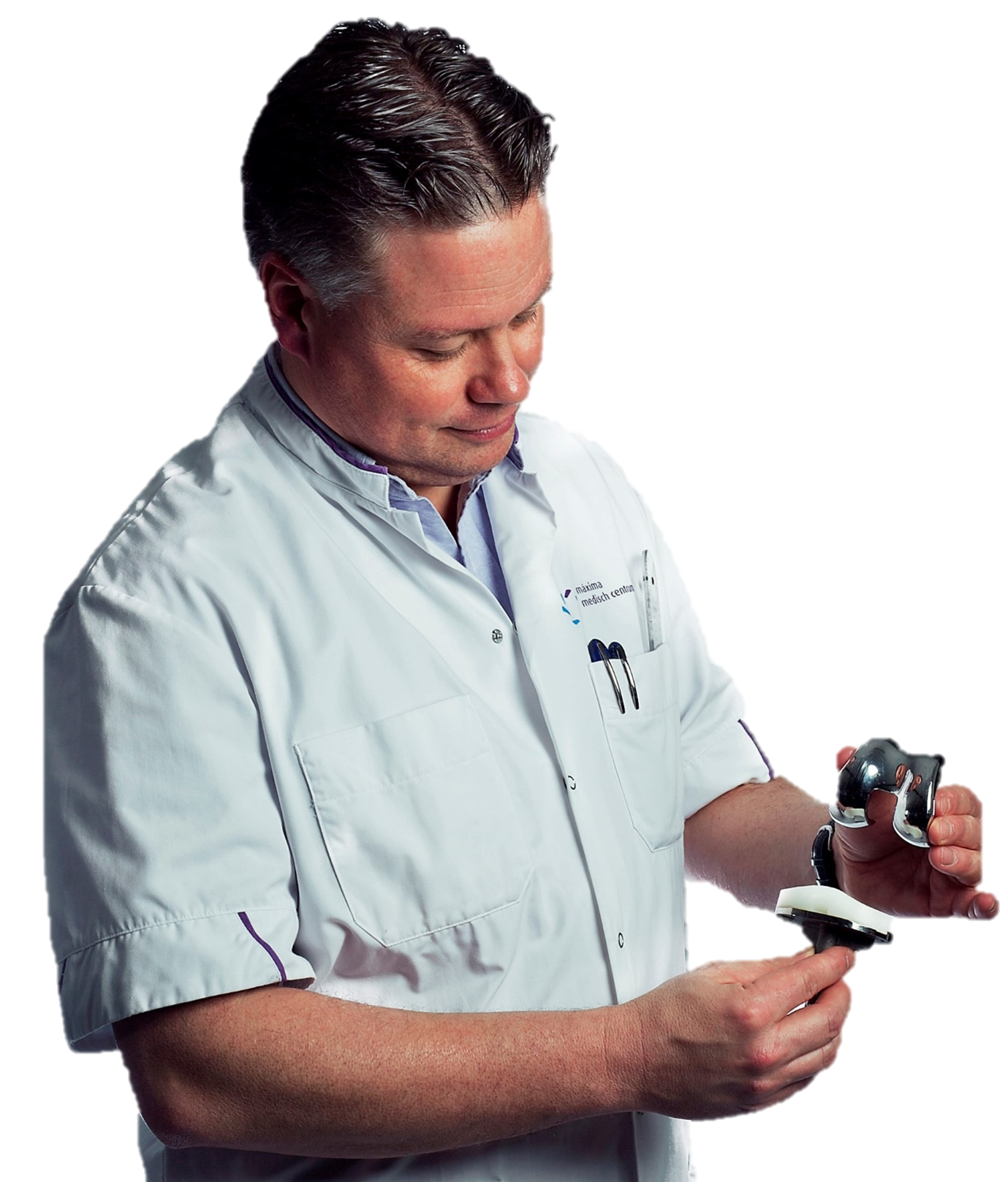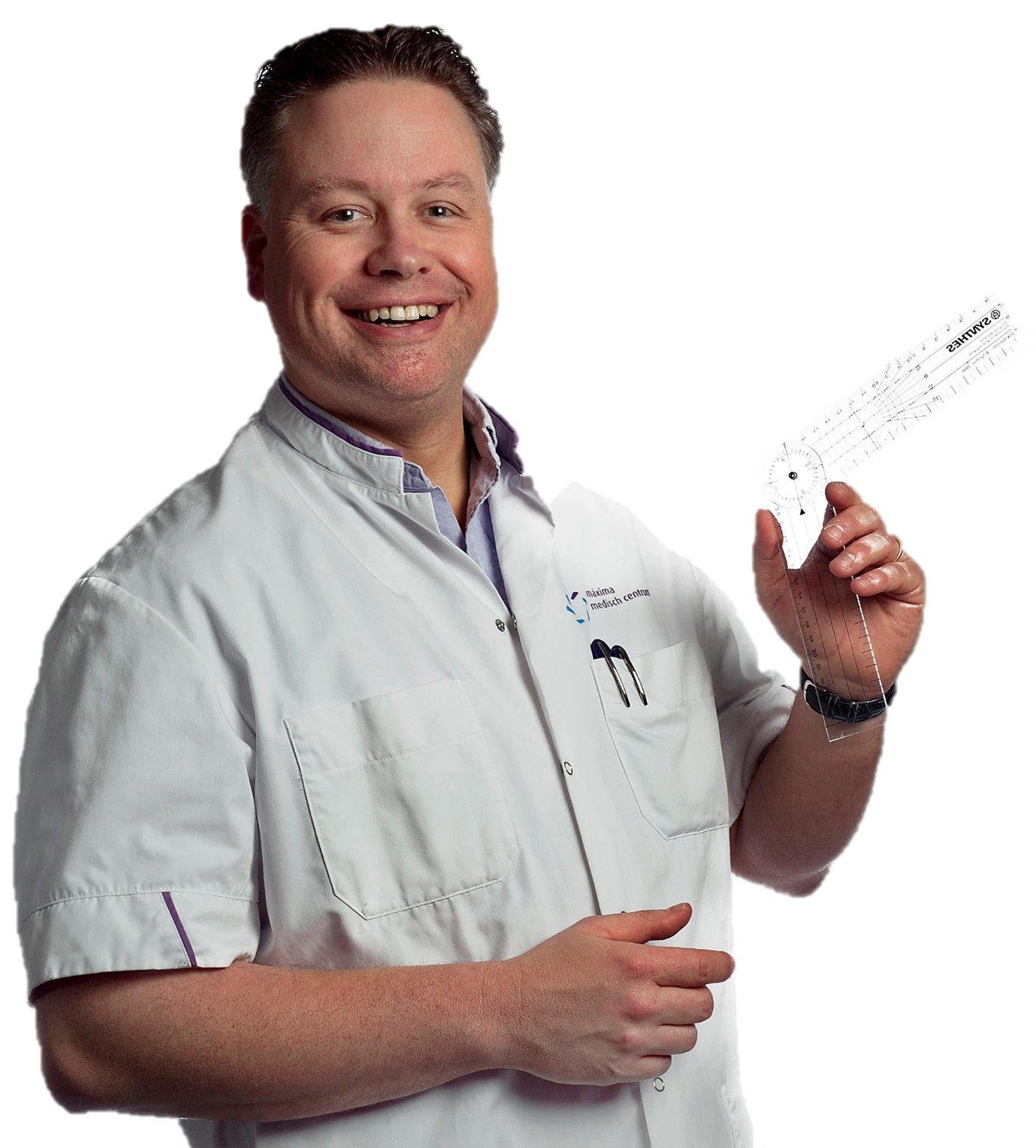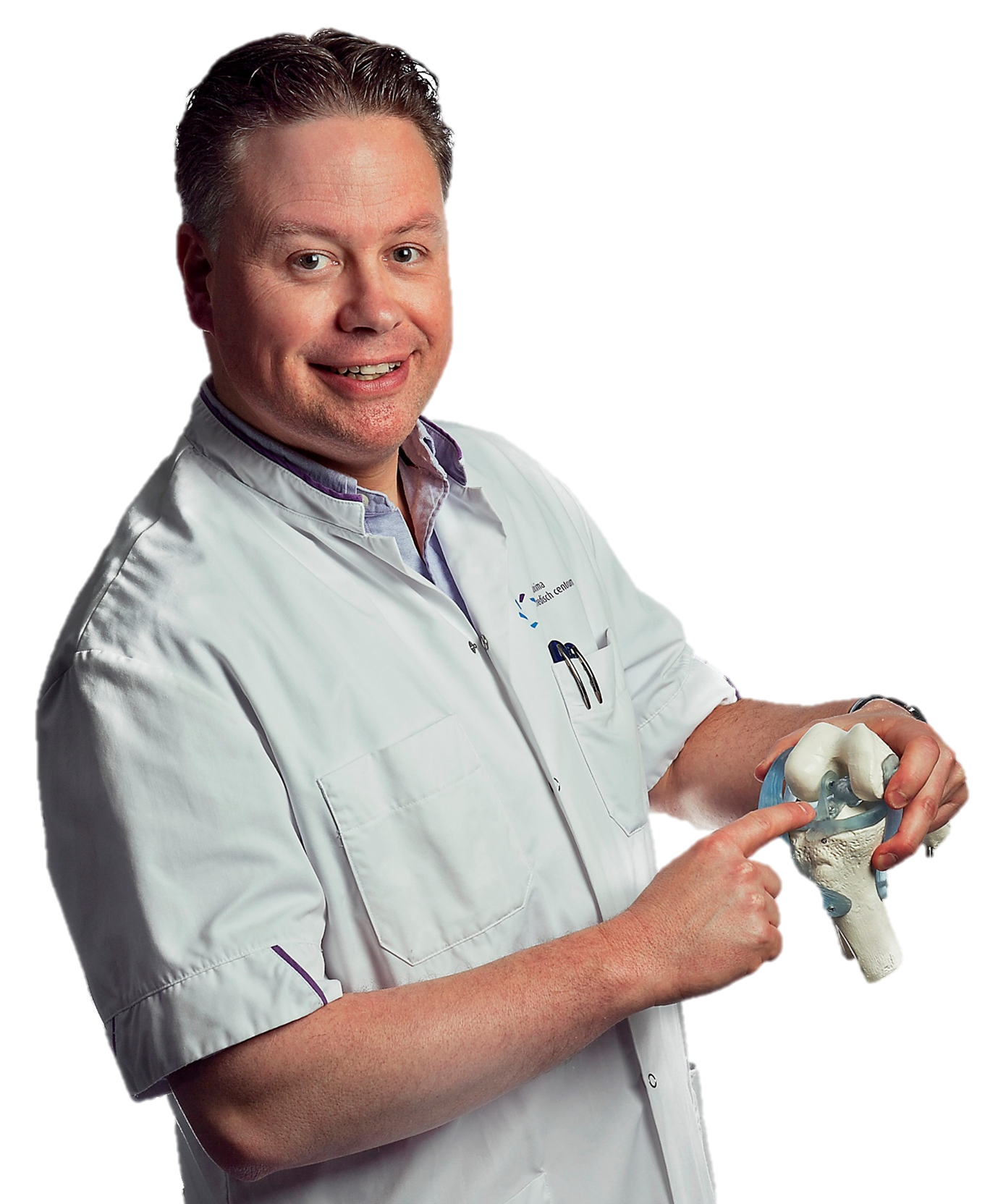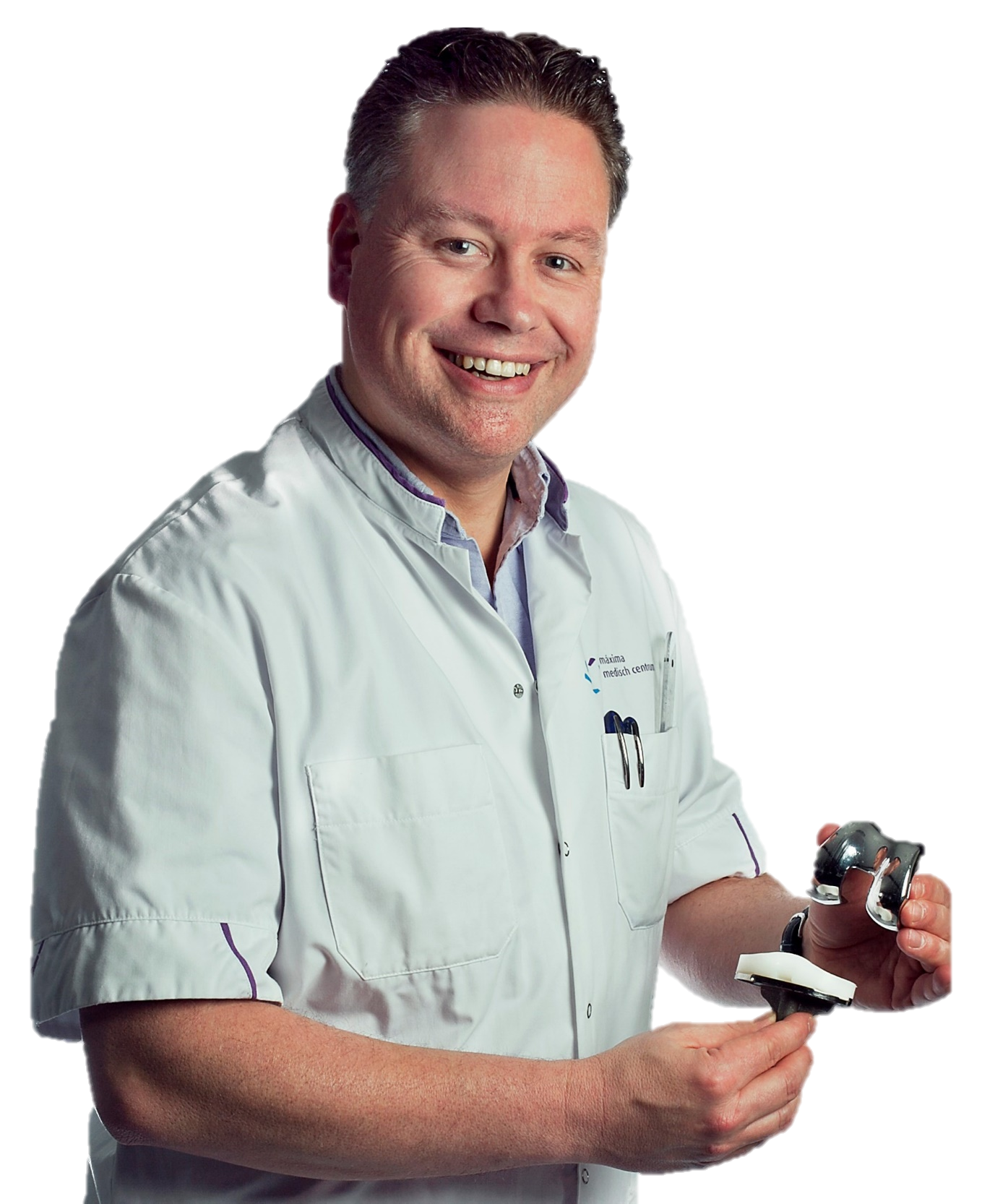STARR Study Group, Meuffels, D. E., &...
Pediatric Anterior Cruciate Ligament (ACL) injuries
Opinions on whether pediatric ACL (anterior cruciate ligament) treatment should primarily be surgically reconstructed or conservatively treated are still divided within the pediatric orthopedic community. It is commonly believed that the incidence of pediatric ACL injuries is rising, however, only one study has documented an increase, and there are no other epidemiological studies available to support this assumption. Advances in diagnostic methods and increased awareness, in addition to earlier specialization in sports and higher numbers being active may have led to an increase in the incidence of pediatric ACL tears.
Maxima Medical Center EIndhoven-Veldhoven (The Netherlands) is a tertairy referral center for pediatric and adult ACL injuries in the Netherlands (Expertise Center for Sports and Complex Knee Ligament Injuries).
RPA Janssen MD PhD was chair of an instructional Course Lecture on Pediatric ACL injuries at the ESSKA Congress in 2018 (Glasgow, Scotland). Together wit a team of experts, the take home messages were:
- Pediatric ACL tears are rare, accounting for less than 5% of all ACL injuries, and do rarely occur under the age of 9. Their current evidence for treatment is low.
- It is imperative that the child and parents are provided with thorough information on the benefits and risks involved with both surgical and conservative treatment.
- There is an international consensus that in case of concomitant damage to the meniscus (bucket handle or meniscal ramp lesions) and/or persistent knee instability, an ACL reconstruction should be performed. The goal is to stabilize the knee, improve its function, repair the meniscus and protect the knee from future episodes of giving way and injuries
- According to the localization of the tibial and femoral tunnels, surgical techniques can be divided into three categories: transphyseal procedures, where the tunnels are drilled through the growth plates; epiphyseal techniques, where the tunnels are located in the tibial and femoral epiphysis, not injuring the growth plate and finally extra-epiphyseal techniques, where the graft is placed around the growth plate.
- There is still no convincing evidence that demonstrates which technique should be used in pediatric ACL reconstruction. Most studies report very good outcome after surgery, but there is an alarming high graft rupture rate.
- The backside of performing ACL reconstructions in skeletally immature patients is the risk of provoking a growth disturbance following transepiphyseal drilling and the unknown development of the graft with post-operative growth.
- The use of validated PROMs for children with ACL injury may help improve the quality of clinical care for this pediatric population. Based on psychometric assessment, the Pedi-IKDC and KOOS-Child are advised for patients’ age 6-18 years with ACL injury.
See Publications for references.





